PRESIDENT GENERALS OF COMMUNITIES, TRADITIONAL RULERS, OTHER MULTI-SECTORAL STAKEHOLDERS UNITE IN ANAMBRA TO ADDRESS GENDER-BASED VIOLENCE
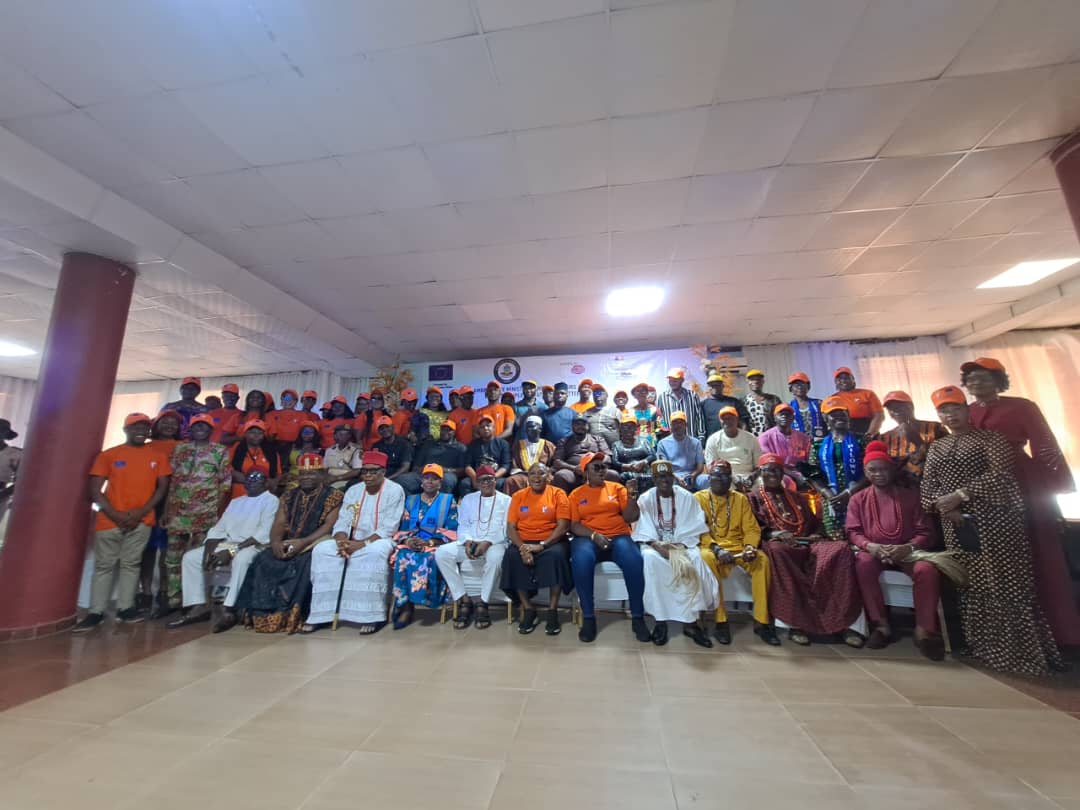
By Chidimma Okoye :
In commemoration of the 2024 edition of the 16 Days of Activism Against Gender-Based Violence (GBV) held in Awka, the Anambra State Ministry of Women Affairs and Social Development, with support from the Rule of Law and Anti-Corruption (RoLAC) Programme and International IDEA, organized a conference in Awka with the theme,“Towards Beijing +30: UNiTE to End Violence Against Women and Girls”.
The event brought together stakeholders from across the state to deliberate on strategies to curb GBV.
Speaking at the conference, the Anambra State Project Coordinator for RoLAC, Josephine Onah, identified poverty, gender inequality, early and forced marriages, and harmful cultural practices such as widowhood rites and girl-child disinheritance as key drivers of violence against women and girls. She lamented that the Violence Against Persons Prohibition (VAPP) Law, passed in 2018, has not significantly reduced the prevalence of GBV in the state.
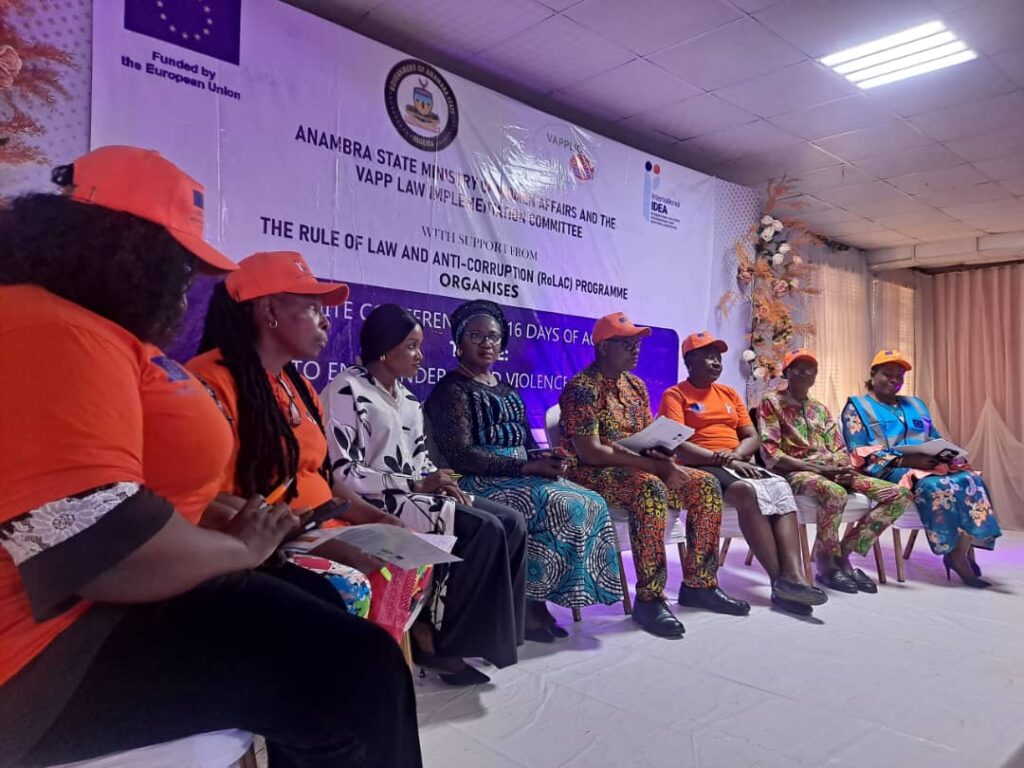
“Despite legislative efforts, violence against women and girls persists due to entrenched cultural norms, stereotypes, and systemic inequality. We must go beyond laws to address these deep-seated issues,” she said.
The Commissioner for Women and Social Welfare, Mrs. Ify Obinabo, described the conference as a statewide initiative to position Anambra State as a leader in addressing gender-based violence and advancing gender equity.
Traditional rulers, represented by the Traditional Ruler of Ifitedunu, Dr. Emeka Ilouno, emphasized the importance of granting women their rightful place in society. “The era of relegating women to the background is over. Men must respect women’s rights and exercise self-control, especially during conflicts”.
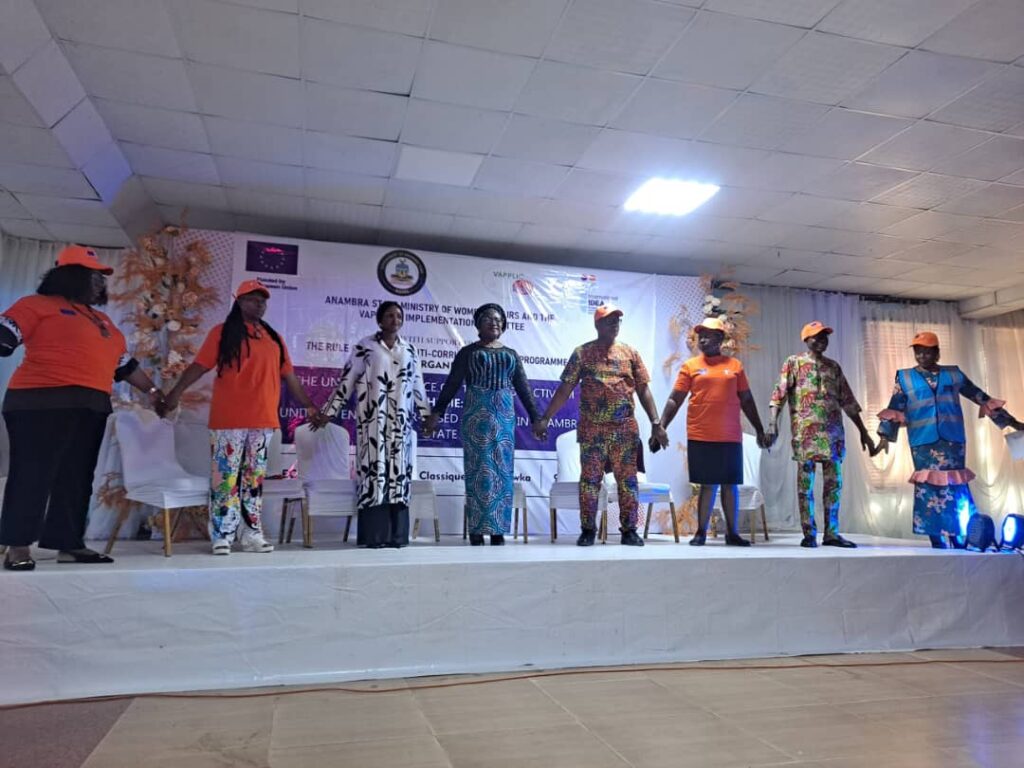
The State Commander, National Agency for Prohibition of Trafficking in Persons (NAPTIP), Mrs. Ibadin Judith Chukwu, called on survivors of violence to speak out, assuring them of the agency’s support, noting that silence perpetuates the cycle of abuse and urged communities to work collectively to combat the issue.
The conference was described as a significant step toward achieving the goals of the Beijing Declaration and Platform for Action as the world approaches Beijing +30.
It produced a 14-point communique with key resolutions aimed at addressing GBV in Anambra State. These include the dissemination of simplified versions of the VAPP Law and Child Rights Act, increase support for sensitization campaigns, establishment of more Sexual Assault Referral Centers (SARCs), and the discouragement of out-of-court settlements in GBV cases.
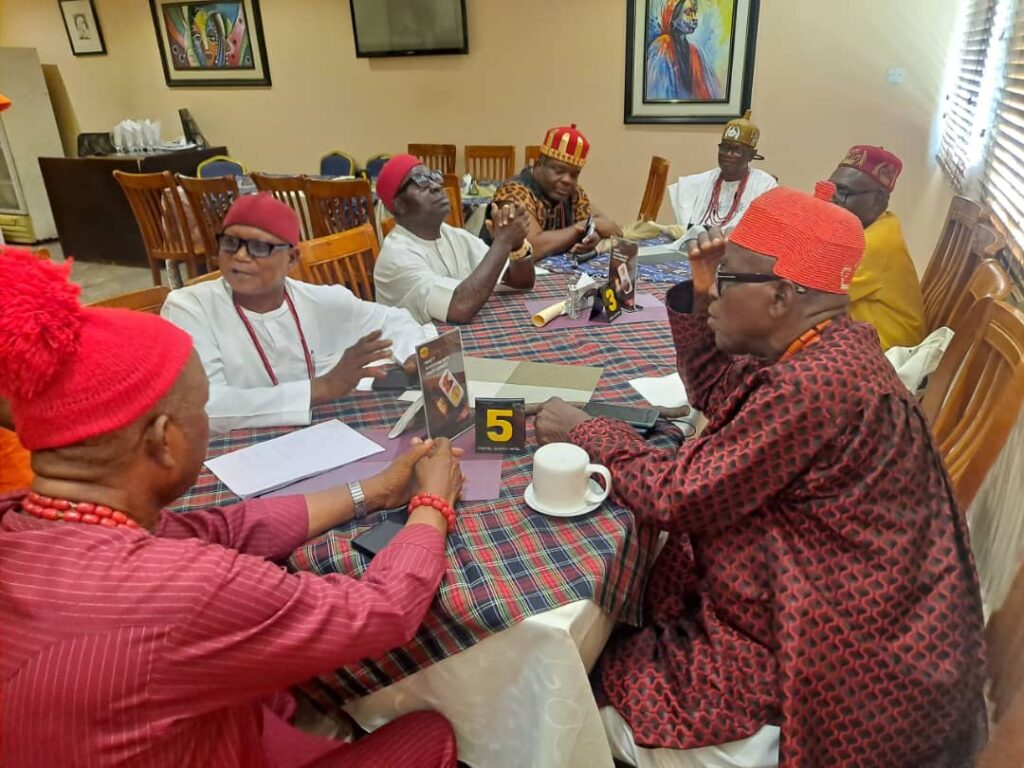
Other recommendations include the creation of shelters for survivors, the establishment of juvenile correction centers, and enhanced multi-sectoral collaboration among government agencies, civil society organizations, and traditional institutions.
The event concluded with a collective commitment by all participants to implement the communique and work toward eliminating GBV in Anambra State, fostering a safer and more inclusive society for women and girls.
Participants included 16 traditional rulers, commissioners, representatives of government Ministries, Departments, and Agencies, town union leaders, women leaders, youth leaders, civil society organizations, persons with disabilities, and the media.
*ChidimmaChidimmais of the Ministry of Information, Anambra State
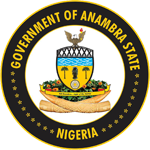
0 Comments